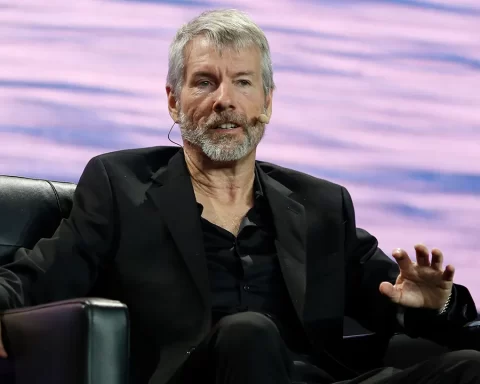JPMorgan CEO Jamie Dimon has found himself under scrutiny from the cryptocurrency community on the social platform X (formerly Twitter) after making controversial remarks about Bitcoin and cryptocurrency.
During a hearing before the United States Senate Committee on Banking, Housing, and Urban Affairs on December 5, Dimon asserted that the “only true use case” for cryptocurrency is to facilitate criminal activities, such as money laundering, drug trafficking, and tax evasion.
He even went as far as to suggest that, if he were in a government position, he would advocate for the shutdown of cryptocurrencies.
Dimon’s comments did not go unnoticed, and crypto enthusiasts were quick to point out what they perceived as hypocrisy in his statements.
They highlighted the fact that JPMorgan, one of the world’s largest banks, has faced numerous legal issues and paid substantial fines under Dimon’s leadership.
According to data from Good Jobs First’s violation tracker, JPMorgan has incurred approximately $39.3 billion in fines across 272 violations since the year 2000, with a significant portion of these fines occurring during Dimon’s tenure as CEO, which began in 2005.
Prominent figures in the cryptocurrency space, such as crypto lawyer John Deaton and VanEck strategy adviser Gabor Gurbacs, criticized Dimon for his comments, emphasizing that banks worldwide have paid a staggering $380 billion in fines in this century alone.
These figures raise questions about Dimon’s credibility in criticizing Bitcoin’s alleged association with illicit activities.
READ MORE: U.S. Senators Seek FTC’s Response on AI Scams Targeting Older Americans
Furthermore, JPMorgan itself has faced legal challenges, including a $75 million settlement with the U.S. Virgin Islands in September, which alleged the bank’s involvement in and financial benefit from Jeffrey Epstein’s sex trafficking operation between 2002 and 2005.
However, it is essential to note that settlements do not necessarily imply an admission of guilt.
In addition to these incidents, JPMorgan has had to settle other significant cases, including a $13 billion settlement in October 2013 for misleading investors regarding “toxic” mortgage deals that significantly contributed to the 2008 financial crisis.
The bank also faced investigations and agreed to pay nearly $1 billion in September 2020 for alleged manipulation of various metals futures markets.
Ironically, despite Dimon’s strong opposition to cryptocurrencies, JPMorgan has launched its own digital asset, JPM Coin, on a private version of the Ethereum blockchain for institutional clients.
The bank has also rolled out a blockchain-based tokenization platform with clients like BlackRock and participated in a $65 million funding round for Ethereum infrastructure firm ConsenSys in April 2021.
Dimon’s comments, which called for a shutdown of cryptocurrency, sparked discussions about the distinction between centralized and decentralized cryptocurrencies.
It is worth noting that he has previously referred to decentralized cryptocurrencies as Ponzi schemes.
Some critics argue that the decentralized nature of cryptocurrencies makes it challenging for the U.S. government to effectively impose a ban.
In response to Dimon’s claims, a Community Notes fact check on X highlighted that less than 1% of cryptocurrency transactions are associated with illicit activities, challenging the notion that cryptocurrency’s primary use case is for criminal purposes.
Discover the Crypto Intelligence Blockchain Council





